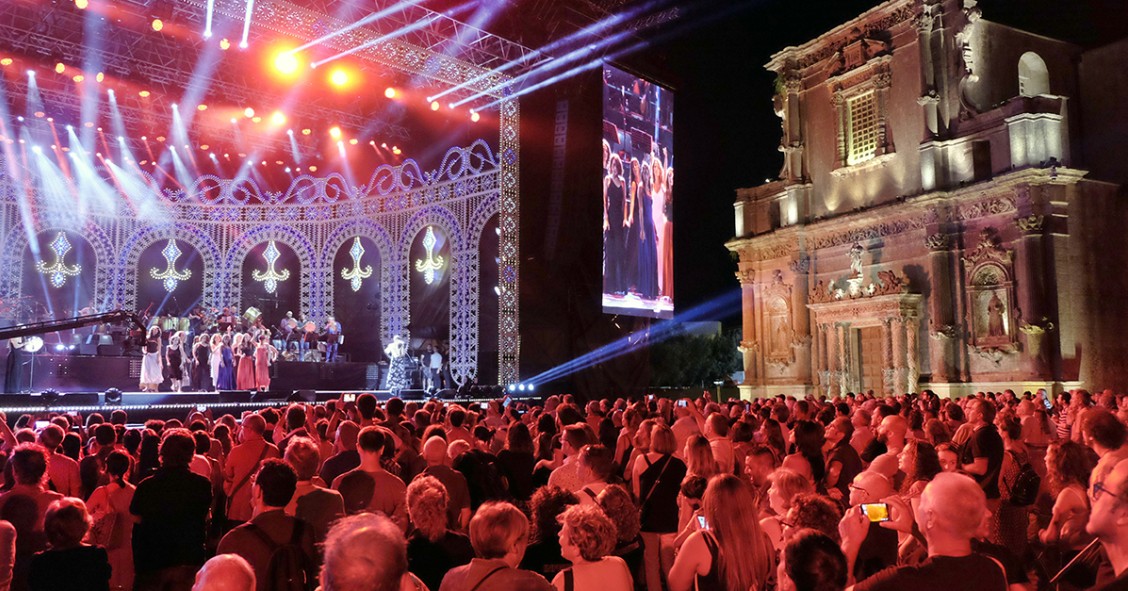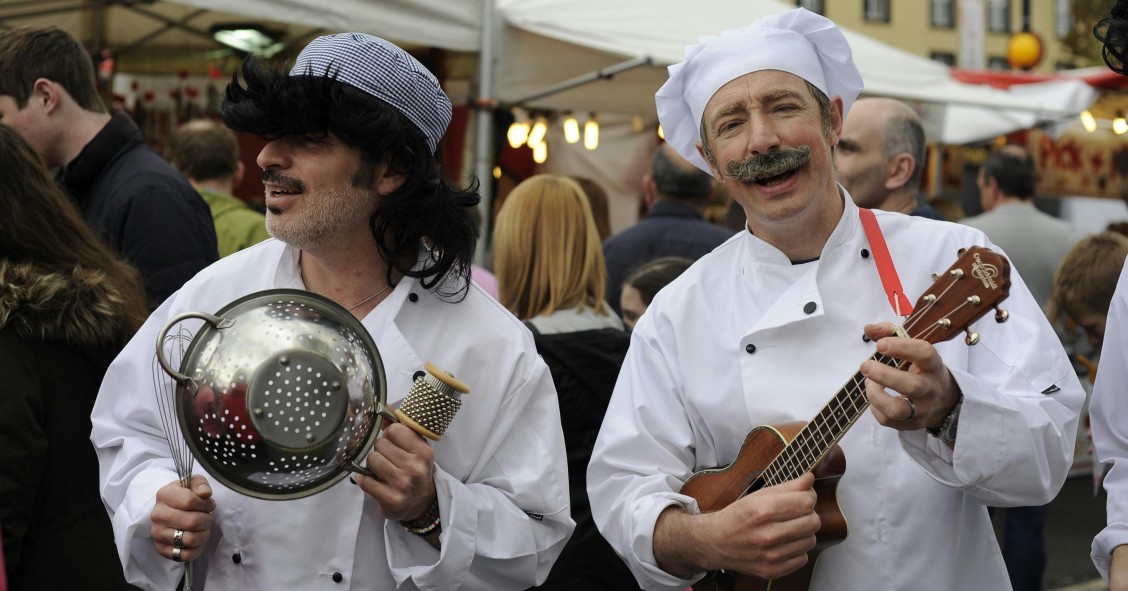
When you go abroad, you tend to notice many small details that – from your point of view – may seem strange or incomprehensible. Different habits and cultures, customs, traditions and behaviours can affect positively or negatively.
If you're going to move to Italy, or are simply planning a trip, there are several cultural norms and practices to keep in mind to ensure a respectful and enjoyable experience. What is considered rude in Italy? If you don't want to make any faux pas, read on to discover the 10 things not to do in Italy.
Things to avoid in Italy
In Italy, like any other country, there are certain behaviours that might be considered rude or disrespectful. Here are some common examples:
1. Overtipping
First of all, do you tip in Italy? Tipping in Italy is not as common or expected as it is in some other countries, especially in restaurants where a service charge might already be included in the bill. While it's appreciated to leave a small tip for exceptional service, overtipping can be seen as unnecessary.
2. Ordering a cappuccino after 11am
While it's perfectly acceptable to enjoy a cappuccino in the morning, ordering one after noon is considered unusual by Italians. It's a breakfast or brunch beverage, not typically consumed later in the day. The cappuccino is considered one most famous Italian drinks for breakfast and is often consumed in the morning with a croissant or a pastry. For this reason when Italians see someone at the restaurant who orders a cappuccino with pasta or a second course. If you need a splash of milk in your coffee later in the day, ask for a macchiato.
3. Putting cheese on a pasta that contains fish or seafood
In Italy, this offence is comparable to high treason. Italians take their mealtime customs seriously. Avoid asking for variations to traditional dishes or making special requests in restaurants. Italians have a very strong relationship with food and extremely precise ideas about what can and cannot be done. And putting cheese on a pasta dish that contains fish or seafood is a big no no.
4. Cutting your spaghetti with a knife and fork
Don't cut spaghetti! Not in Italy! Here spaghetti is eaten more than anywhere else in the world and 'pasta etiquette' is a real thing. In Italy, cutting spaghetti is generally frowned upon and considered improper table etiquette, especially among traditionalists. Spaghetti is typically eaten by twirling it around a fork, often against a spoon to assist in gathering the noodles. Cutting spaghetti is seen as a sign of laziness or lack of refinement in dining habits.
5. Misusing the "OK" gesture
In Italy, the gesture commonly recognised as the "OK" sign (thumb and forefinger forming a circle) can be offensive if used inappropriately. It's best to avoid using this gesture altogether if you're not sure.
6. Disrespecting religious sites
Italy is home to numerous churches, basilicas, and other religious landmarks. Visitors should dress modestly and behave respectfully when visiting these sites. Avoid loud conversations, inappropriate clothing, or disrespectful behaviour.
7. Thinking you can just speak English everywhere (and that everyone will understand you)
In major cities and popular tourist destinations, you're more likely to encounter people who can speak English to some extent, particularly those working in the tourism industry. However, in rural areas or smaller towns, English proficiency may be limited, and you might encounter more people who only speak Italian. Always carry a little dictionary or phrasebook with all the essential words you need to know in Italian so you can get by even in the most remote villages.
Otherwise, you can always turn to Google Translate, but be careful! The English-Italian translations you want to say can sometimes give rise to unintended comic effects.
8. Expecting perfect punctuality
Time in Italy is elastic. A guided tour scheduled for 11 may start at 11.30am, and this also applies to the opening hours of many places and for public transport. Many shops and facilities close at lunchtime (and also many restaurants) and at least two days a week. Always check that the place you want to visit or where you want to eat is open.
9. Presuming all Italians are related to the Mafia
The majority of Italians have no problem with talking about it but it is quite offensive to assume they’re all related to murderers and involved in corruption. "Pizza, mafia e mandolino?" The image of the country in the eyes of a foreigner is often accompanied by numerous (unfounded) stereotypes. Prejudices will always exist, but remember to bring respect. Do not stop at mere appearances, but rather learn about differences before criticising.
10. Hailing a taxi as if you were in "Sex and the City"
In Italy you generally can't just stop a taxi on the street, as we're used to seeing in the movies. You have to call or go to special stops and wait. In many cities, you'll find designated taxi stands (called "taxi ranks") where taxis line up to pick up passengers. Look for these stands near popular attractions, transportation hubs (such as train stations or airports), and busy areas like shopping districts or hotels.
Now you're up to date with things you shouldn't do in Italy, you're sure to fit right in like a true Italian,. By being mindful of these cultural nuances and practising respect for local customs, visitors can avoid inadvertently causing offence in Italy.






